Rasanasaptak Kwath
₹100
Rasanasaptak Kwath is an Ayurvedic herbal decoction made from a combination of seven herbs, including Ashwagandha (Withania somnifera), Shatavari (Asparagus racemosus), and Guduchi (Tinospora cordifolia).
According to Ayurvedic principles, Rasanasaptak Kwath is believed to help support overall health and well-being by promoting healthy digestion, improving immunity, and reducing inflammation in the body. It is commonly used to help manage symptoms associated with arthritis, joint pain, and other inflammatory conditions.
Rasanasaptak Kwath is typically prepared by boiling the herbal mixture in water and then straining the decoction before consuming. It is important to note that like all herbal remedies, Rasanasaptak Kwath should be taken under the guidance of a qualified healthcare professional, as it may interact with certain medications or have potential side effects in some individuals.
- Delivery & Return
Delivery
We ship to all over the world. All orders are shipped with a UPS tracking number. Always free shipping for orders over 1000. During sale periods and promotions the delivery time may be longer than normal.Return
Adarsh Ayurvedic Pharmacy will accept exchanges and returns of undamaged box within 30 days of the date of purchase (14 days during the sales period), on presentation of the original till receipt at any store where the corresponding collection is available within the country of purchase. Your return will usually be processed within a week to a week and a half. We’ll send you a Return Notification email to notify you once the return has been completed. Please allow 1-3 business days for refunds to be received to the original form of payment once the return has been processed.Help
Give us a shout if you have any other questions and/or concerns. Email: aapdeepak.hdr@gmail.com Phone: 9897902760
Rasanasaptak Kwath is an Ayurvedic herbal decoction made from a combination of seven herbs, including Ashwagandha (Withania somnifera), Shatavari (Asparagus racemosus), and Guduchi (Tinospora cordifolia).
According to Ayurvedic principles, Rasanasaptak Kwath is believed to help support overall health and well-being by promoting healthy digestion, improving immunity, and reducing inflammation in the body. It is commonly used to help manage symptoms associated with arthritis, joint pain, and other inflammatory conditions.
Rasanasaptak Kwath is typically prepared by boiling the herbal mixture in water and then straining the decoction before consuming. It is important to note that like all herbal remedies, Rasanasaptak Kwath should be taken under the guidance of a qualified healthcare professional, as it may interact with certain medications or have potential side effects in some individuals.
Rasanasaptak Kwath is believed to help support overall health and well-being by promoting healthy digestion, improving immunity, and reducing inflammation in the body. It is commonly used to help manage symptoms associated with arthritis, joint pain, and other inflammatory conditions.
Buy 10 get one free.
Selflife: 3 Years
| Weight | 250 g |
|---|---|
| Dimensions | 14 × 12.5 × 8.5 cm |
| Weight | 100gm |
Based on 0 reviews
|
|
|
0% |
|
|
|
0% |
|
|
|
0% |
|
|
|
0% |
|
|
|
0% |
Related Products
Krimi Kutar Ras is an Ayurvedic medicine used for the treatment of intestinal worms and parasitic infections. It is made from a combination of various herbs and minerals, including Vatsanabha (Aconitum ferox), Pippali (Piper longum), Shuddha Gandhak (Purified Sulphur), and Tankana Bhasma (Borax).
However, it is essential to note that the use of Krimi Kutar Ras should be done under the guidance of a qualified Ayurvedic practitioner. Overdose or incorrect usage can cause adverse effects like stomach upset, vomiting, and diarrhea. It is also not recommended for pregnant and lactating women and child.
According to the Ayurvedic Medicine book, Bhumi Amala is traditionally used to treat various health conditions such as jaundice, acidity, fever, and thirst. Jaundice is a condition characterized by yellowing of the skin and eyes due to a buildup of bilirubin in the body. Acidity is a condition where there is an excess of acid in the stomach, leading to symptoms such as heartburn and indigestion. Fever is a common symptom of various infections, and thirst is a common symptom of dehydration.
Bhumi Amala is believed to have hepatoprotective, anti-inflammatory, and antipyretic properties that may help protect the liver, reduce inflammation, and lower fever. It is commonly used in Ayurvedic medicine as a natural remedy for various health conditions, including those mentioned above.
Jatyadi tail is typically applied topically to the affected area and gently massaged into the skin. The frequency and duration of use can vary based on individual needs and the guidance of a qualified healthcare professional. It is important to note that like all herbal remedies, Jatyadi tail may cause allergic reactions or other side effects in some individuals, and should be used with caution.
Jatyadi tail is an Ayurvedic herbal oil that is made from a blend of several herbs, including Jatiphal (Myristica fragrans), Haridra (Turmeric), and Neem (Azadirachta indica). This oil is commonly used in Ayurvedic medicine for the treatment of various skin disorders, such as cuts, wounds, burns, and other skin irritations.
Chandanbala Lakshadi Tail is typically applied topically to the affected joint areas and gently massaged into the skin. The frequency and duration of use can vary based on individual needs and the guidance of a qualified healthcare professional. It is important to note that like all herbal remedies, Chandanbala Lakshadi Tail may cause allergic reactions or other side effects in some individuals, and should be used with caution.
Chandanbala Lakshadi Tail is an Ayurvedic herbal oil made from a blend of several herbs, including Chandan (Sandalwood), Bala (Sida cordifolia), and Laksha (Laccifer lacca). The oil is commonly used in Ayurvedic medicine to help relieve joint pain and inflammation.
According to Ayurveda, Khadiradi Vati is used to balance the Kapha and Pitta doshas in the body. It is commonly used for the treatment of dental problems such as toothache, gingivitis, and bad breath. It is also used to improve digestion and treat stomach disorders.
Khadiradi Vati is known for its anti-inflammatory and antibacterial properties. It helps in reducing inflammation and pain in the gums, and also helps in killing harmful bacteria in the mouth. It is also beneficial for treating skin disorders like acne and eczema.
Amalaki Rasayana is an Ayurvedic herbal formula made from the fruit of the Amalaki tree (Emblica Officinalis), also known as Indian Gooseberry. It is believed to have a rejuvenating effect on the body and is commonly used to promote overall health and well-being.
According to Ayurveda, Amalaki Rasayana is classified as a “Rasayana,” which means it is a rejuvenative tonic for the body and mind. It is also believed to have a powerful antioxidant effect, which helps to protect the body from free radical damage.
According to Ayurveda, Sanjivani Vati is used to balance the Pitta and Kapha doshas in the body. It is commonly used for the treatment of fever, cough, cold, and other respiratory tract infections. It is also used to boost immunity and improve digestion.
Sanjivani Vati is known for its anti-inflammatory, antipyretic, and immunomodulatory properties. It helps in reducing fever, inflammation, and pain in the body, and also helps in boosting immunity and preventing infections. It is also beneficial for treating digestive disorders such as indigestion and bloating.
In Ayurveda, Ras Raj Ras is classified as a Rasayana, which means it is believed to have rejuvenating and revitalizing properties that can help improve overall health and vitality.
However, it’s important to note that the use of Ayurvedic medicines should be done under the guidance of a qualified Ayurvedic practitioner, as they can be potentially harmful if not used properly. Additionally, the safety and efficacy of these medicines have not been evaluated by the FDA, so caution should be exercised when using them.
Astak Loh Mandur is believed to work by improving the production of red blood cells and increasing the level of hemoglobin in the blood. It is also thought to have a detoxifying effect on the liver and improve liver function, thereby improving overall health and well-being.
As with any Ayurvedic medicine, it is essential to consult a qualified Ayurvedic practitioner or healthcare professional before using Astak Loh Mandur to ensure its safe and effective use. The dosage and duration of treatment may vary depending on the individual’s condition and other factors.
Bhringraj tail is typically applied to the scalp and hair, left for a period of time (usually 30 minutes to several hours), and then washed out with shampoo. The frequency and duration of use can vary based on individual needs and the guidance of a qualified healthcare professional. It is important to note that like all herbal remedies, Bhringraj tail may cause allergic reactions or other side effects in some individuals, and should be used with caution.
Bhringraj tail is an Ayurvedic herbal oil made from Bhringraj (Eclipta alba), a plant known for its hair growth promoting properties. The oil is believed to help nourish and strengthen the hair, prevent hair loss, and promote the growth of healthy hair.
Pathyadi Kwath is an Ayurvedic herbal decoction made from a blend of several herbs, including Haritaki (Terminalia chebula), Bibhitaki (Terminalia bellirica), and Shunti (Zingiber officinale).
According to Ayurvedic principles, Pathyadi Kwath is believed to help support respiratory health, particularly in cases of cough and cold. It is also commonly used to support digestive health, promote healthy metabolism, and alleviate symptoms associated with inflammation.
Dashmool Kwath is an Ayurvedic herbal decoction made from a blend of ten herbs, which include Bilva (Aegle marmelos), Agnimantha (Premna integrifolia), and Shyonaka (Oroxylum indicum). The name Dashmool means ‘ten roots’ or ‘ten herbs,’ and the combination of these herbs is believed to have a synergistic effect and offer a wide range of potential health benefits.
According to Ayurvedic principles, Dashmool Kwath is believed to help balance the three doshas – Vata, Pitta, and Kapha, and promote overall health and well-being. It is commonly used to support the respiratory system, improve digestion, and relieve stress and anxiety.




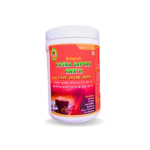
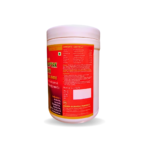














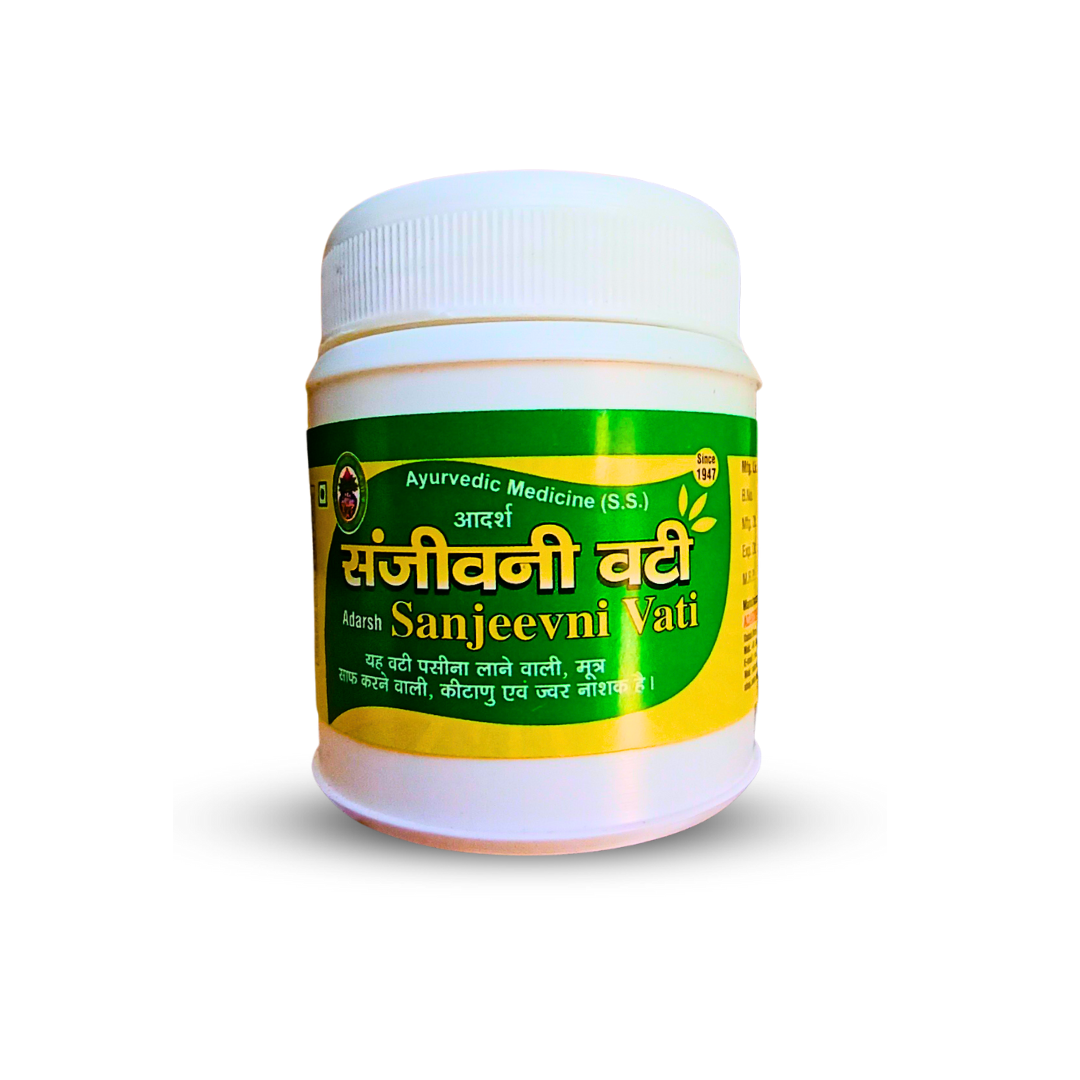

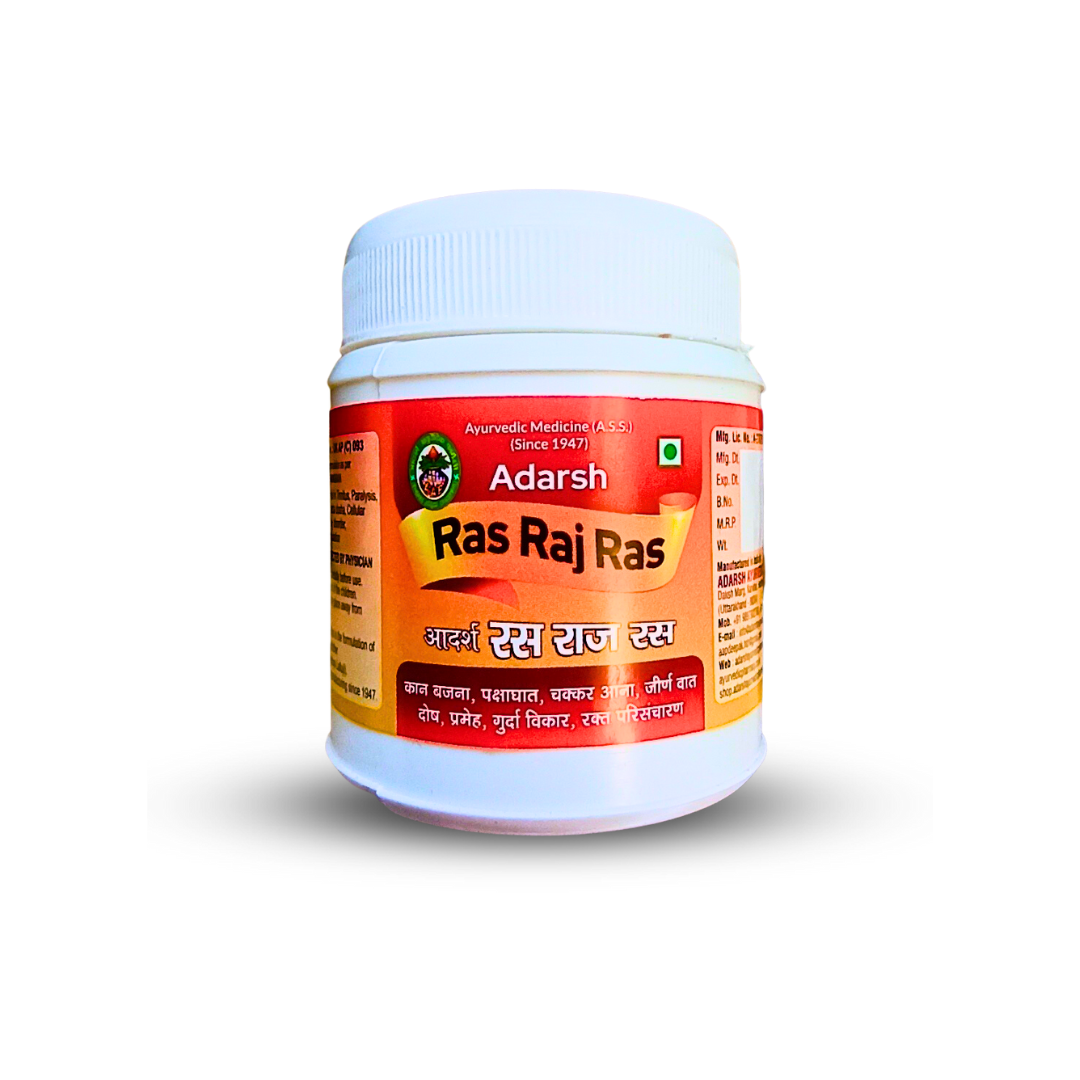
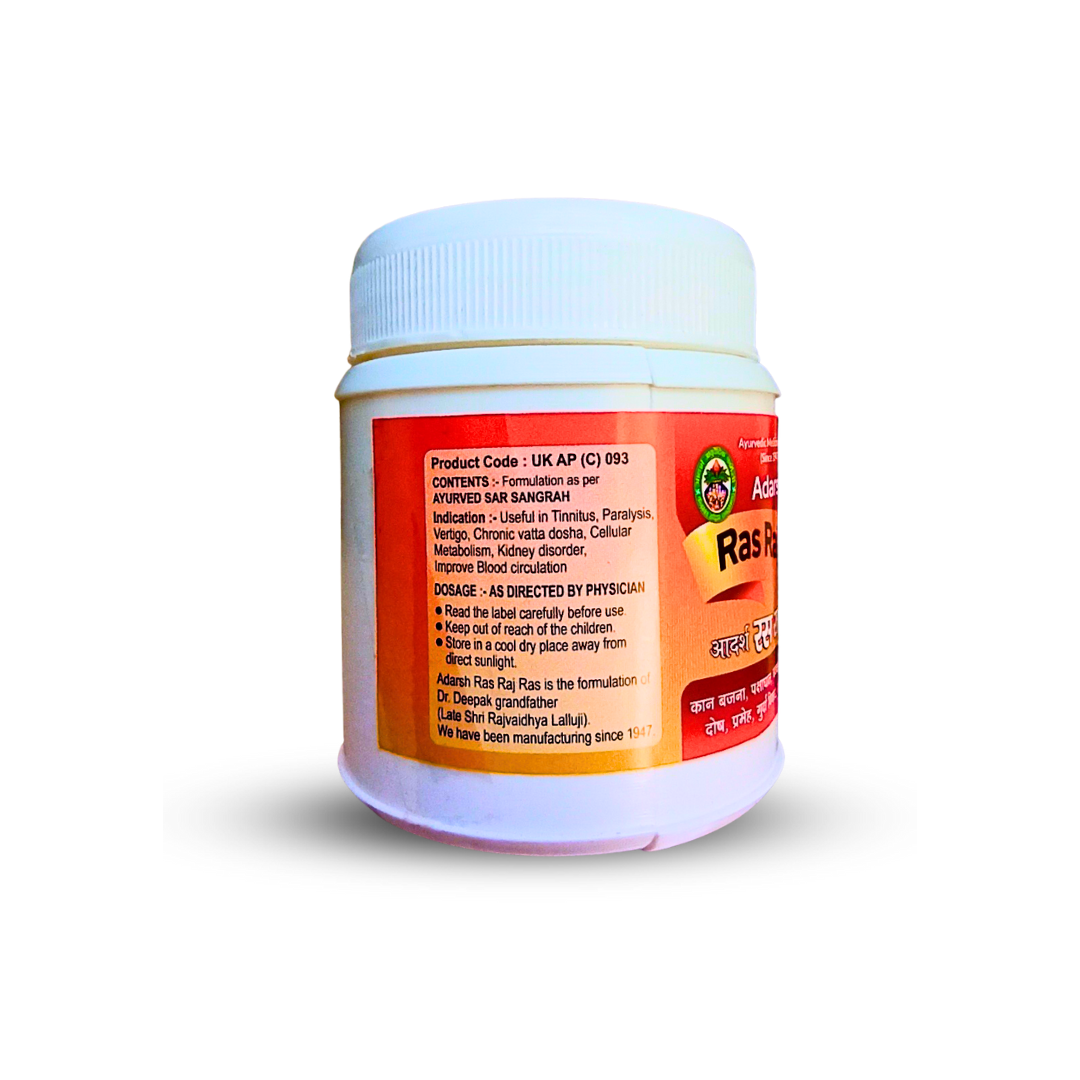







Reviews
There are no reviews yet.